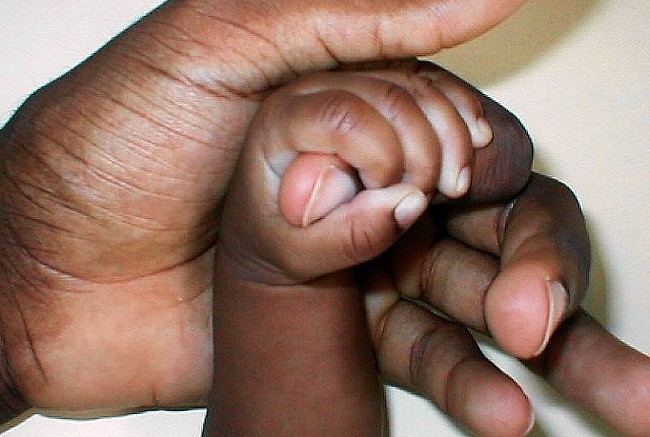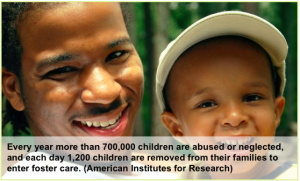When black children are in a system designed to marginalize, obstruct and deny the black family unit – we need only to look at a group of Minnesota lawmakers who have sent a solid message by looking the other way. The legislation to restructure the Council on Black Minnesotans (Reps. Laine and Moran, Senators Pappas and Hayden) will not allow the council to interface with Department of Human Services (DHS) on the Out of Home placement of Black Children.
***There will be a meeting, with an opportunity for testimony on Tuesday, November 3, 2015 – 9:30 AM with the Committee on Health, Human Services and Housing – (Chair: Sen. Kathy Sheran); in room 200 State Office Bldg. The agenda is the Overview of the foster care system by the Minnesota Department of Human Services and County review of foster care; with testimony about the foster care system.
By Don Allen, Publisher – Our Black News (MN)
The Council for Minnesotans of African Heritage, formally the Council on Black Minnesotans fought to keep alive some legislation so that Black Minnesotans would have say in what happens to black children in Minnesota’s adoption and foster care systems.
Something the council did for 35 years. Our old legislation stated:
Minnesota Statute 3.9225 Subd. 3J – “Review data provided by the commissioner of human services under section 260C.215, subdivision 5, and present recommendations on the out-of-home placement of Black children.”
Today, because of the lawmakers, the council no longer has the authority to review data and make recommendations. This year, we recruited over 100 African American families to certify their home to provide foster care and adoption for Black children and that work is for not because of the new legislation removed our authority to interface with DHS and monitor if they are successful within the certification process.
Historically, as is the case today, both in MN and the nation as a whole, African American children are waiting disproportionately in our child welfare system for resource parents, and foster and adoptive, kinship families.
Conversely, African American families and community stakeholders are waiting to be recruited, valued, and engaged (Hill, R. 1999). Increasing the numbers of families who are interested in becoming foster and adoptive parents and engaging the community helps all waiting children. Additionally, it should be noted that intentionally engaging diverse communities is very important, and is called upon by federal adoption legislation that “requires States to provide for diligent recruitment of potential foster and adoptive families that reflect the ethnic and racial diversity of the children in care for whom homes are needed” (MEPA 1994).
About Adoption and Foster Care
Foster Care
Children in Minnesota, who cannot safely remain in their familial home, may be placed in family foster care or a group residential facility. Nine thousand of the 12,000 Minnesota children in out-of-home care are placed with foster families.
Many county agencies are currently in need of family foster homes for Minnesota’s waiting children. Foster parents come from all walks of life. They may be single or married, with or without children, renters or homeowners. What they share is a concern for children and a commitment to help them through tough times. Foster families provide critical temporary care and nurturing to children in crisis.
The Minnesota Department of Human Services’ website at http://mn.gov/dhs/ provides steps to become a foster parent. Those interested can contact their county or tribal social service agency for more information about the community need for homes.
Adoption
Children of all ages need permanent, stable, loving families. In Minnesota, when county social services agencies place children in foster care, and if courts ultimately terminate parents’ rights, children are committed to the guardianship of the commissioner of the Minnesota Department of Human Services. It is the responsibility of the department to work with counties and private adoption agencies to find permanent families for these children. The department is determined to move children quickly into safe, nurturing adoptive families when they cannot be safely reunited with their birth families.
While children under state guardianship range from newborn to age 18, many are older than age 6, are members of sibling groups, and may have significant special needs. Currently, of the 513 Minnesota children who need adoptive homes immediately:
- 67 percent are between 6 and 18 years old
- 57 percent are children of color
- 61 percent are siblings who need to be adopted together
The Minnesota Department of Human Services is committed to finding permanent families for all children under state guardianship in partnership with counties and private agencies.


Be the first to comment on "State lawmakers block the ability of Black Minnesotans to have a voice in Out of Home placement of Black Children"